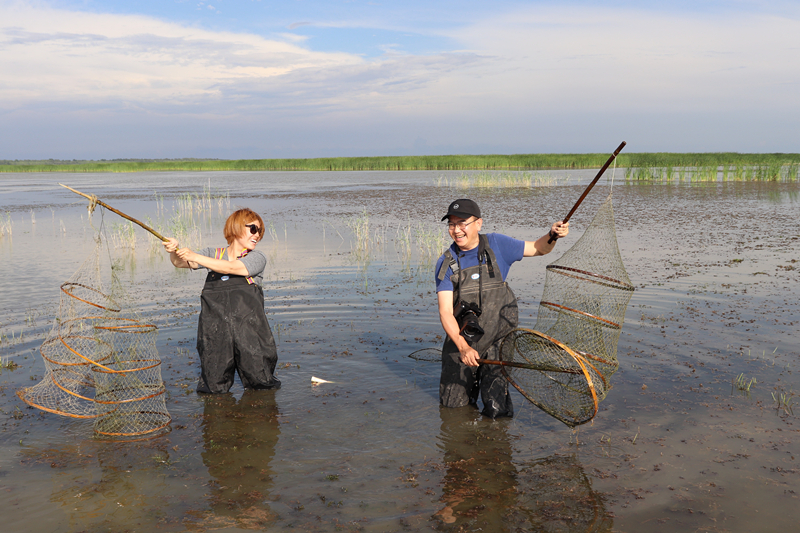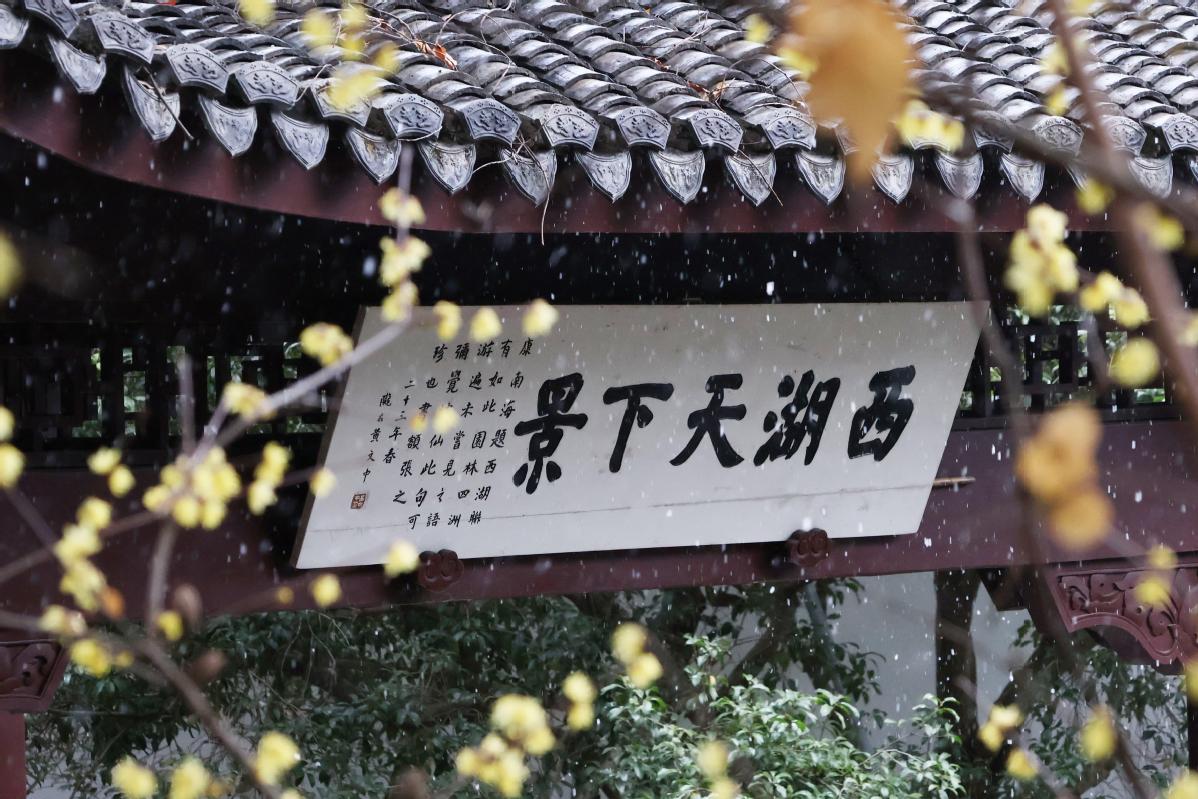Young woman leading fight to keep wetland healthy


They realized poachers were active in the area and reported the activity to the reserve administration.
"Before law enforcement officials arrived, we saw a man emerge from the water empty-handed," Wang recalled. "My colleagues told me he lived in a nearby village and people all knew he owned a gun."
Without any evidence, they couldn't prevent him from driving away, but Wang believed he was hiding his weapon somewhere in the reserve.
"We decided to stay there to wait for him to get his gun back," she said. "In fact, I knew it may be quite dangerous but I couldn't hold back. Illegal acts would be even more brazen if we did nothing to confront such appalling behavior.
"For the entire night, I could feel there were people surrounding us. In fact, I was really scared because I didn't know what they would do."
Fortunately, nothing happened and the police found a shotgun in the water the next morning.
"After the poacher was sent to prison for illegally possessing a weapon, the villagers began to believe that we were really doing something for ecological conservation," Wang said.
In the past few years, in addition to daily patrols, she has visited a number of nearby villages to explain the importance of ecological protection and learn about the needs of local residents.
"I found my words generally fall on deaf ears if I only tell them that the wetland acts as the Earth's kidneys," she said. "What they need more urgently is guidance on how to improve their lives if they change their traditional lifestyle away from overreliance on the reserve."
Wang began to collect and send information about environmentally friendly industries to residents, such as growing organic grains and breeding chickens native to the area.
"More people changed their mindset and accepted new ideas," she said.
Furthermore, during vacations, Wang set up three different centers in three villages to help students study and organize various activities.
"The college student interns and volunteers offered free tutoring to more than 130 local children, freeing up time for their parents to engage in different activities," Wang said. "Moreover, the government has attempted to solve the problem with a resettlement project."
Authorities demolished 248 homes, reverted 6,711 hectares of farmland to grassland, and provided 8,000 yuan ($1,190) annually as reimbursement for every hectare villagers gave up.
"The good news is that all the efforts are bearing fruit," Wang said.
"Rare birds like the red-crowned cranes are returning in large numbers to the reserve, and residents' awareness of ecological protection has gradually improved."
Contact the writers at zhouhuiying@chinadaily.com.cn
- Former Hainan official sentenced in bribery case
- Hangzhou residents enjoy rare snowfall
- Artificial reefs part of successful marine conservation efforts in Guangdong
- Zigong lantern festival combines cultural heritage with advanced technology
- Woman executed for abusing and killing stepdaughter
- Zhangjiakou academy students hit Olympic ski slopes as winter break begins





































